I previously wrote a blog on The Pros and Cons of Contingency Recruitment and even though we are an exclusivity recruitment firm, I know many companies do prefer to work with multiple recruitment firms. The purpose of that post was to show the benefits and potential challenges of contingency recruitment from my perspective.
I am going to conclude, for now, my posts on fees by shedding some light on exclusive, retained and retingent fees or as some call it, container fees. Personally I don't care for the words container or retingent. Here at People First we just call them engagement fees.
Why a recruiter promotes one fee contract over another is normally based on the complexity of the search and risk management. We ask ourselves the following questions:
Complexity of the recruitment:
- Is the role executive or a hard to find, scarce skill set?
- Is it a local, national or international search?
- Is the role in a specialized industry?
- Will the search process need to be changed or expanded due to the nature of the role?
Risk Management:
- Has this position been vacant for a long time?
- Could there be challenges identifying candidates because of the total compensation?
- Is the scope of the role so narrow that it may take much longer to bring the search to a successful conclusion?
- What is the perception of the company in the marketplace?
As I attempt to provide definitions behind the exclusive and engagement fee options please keep in mind that every recruitment firm will structure them differently.
Exclusive Contingent:
- Typically this contract is promoted when the search is more junior in nature and the role can be filled locally.
- The company agrees to work with the recruiter exclusively and will not hire others.
- The company can continue to search for a candidate on their own and hire their candidate if preferred.
- Fees are charged only if the company hires the recruiter’s candidate.
Engagement and Retained Fees:
- These fees are almost always for executive level, professional and complex recruitments. Essentially, recruitments that are potentially longer in duration due to the complexity.
- The fees are structured in installments with an installment being billed immediately upon starting the recruitment.
- The installments continue in stages either a) at the end of the recruitment or b) two additional installments during the recruitment.
There are of course many points to be considered when it comes to recruitment fees, these are only a few examples. In the end the recruiter must be completely confident they can fill the position and the company must trust that the recruiter has the experience and capabilities to find the best candidate. It's always in your best interest to ask questions surrounding recruiting fees.

 Have you ever wondered exactly what's in a recruitment fee? Download our latest whitepaper which demystifies recruitment fees and provides an overview of what you can expect with each type of fee.
Have you ever wondered exactly what's in a recruitment fee? Download our latest whitepaper which demystifies recruitment fees and provides an overview of what you can expect with each type of fee.


